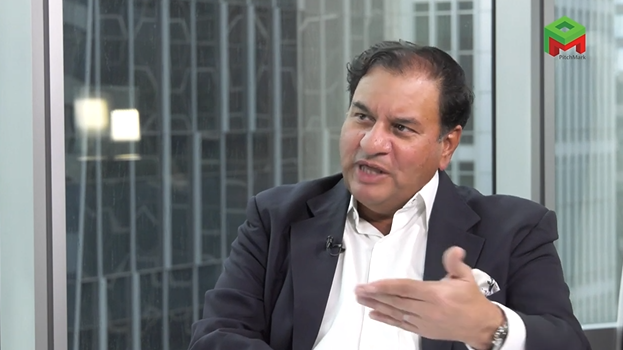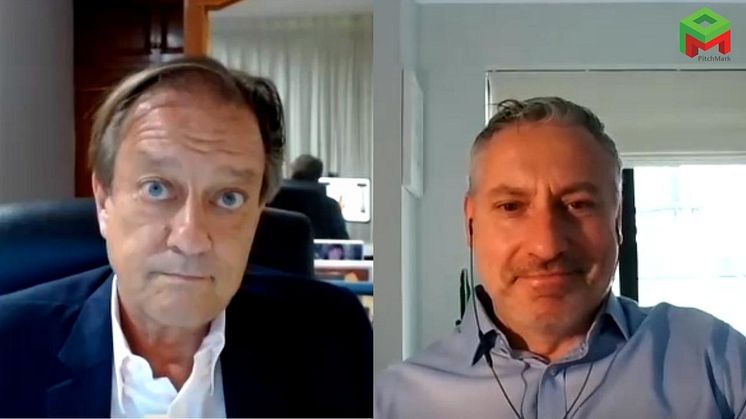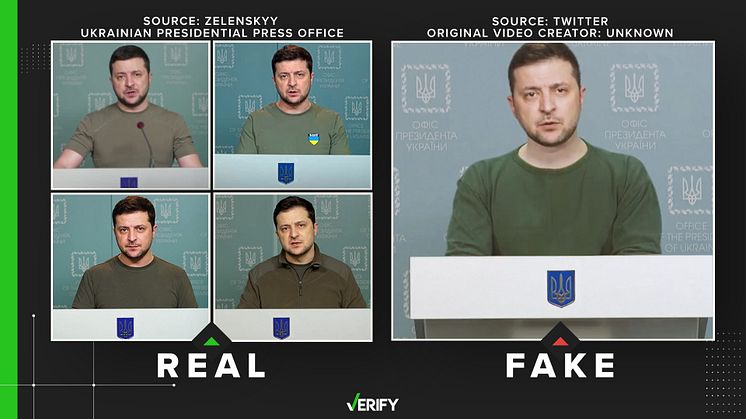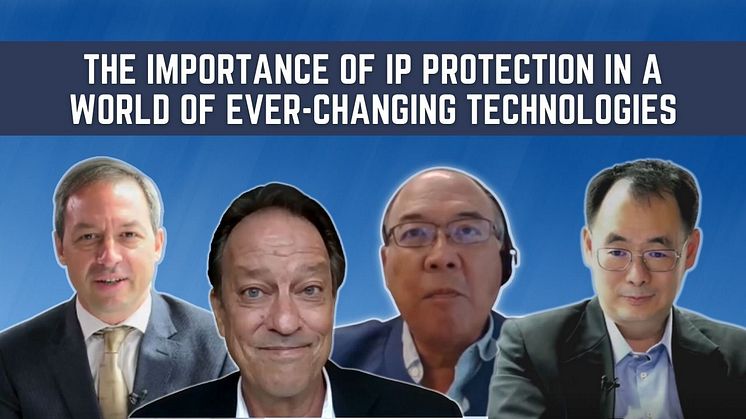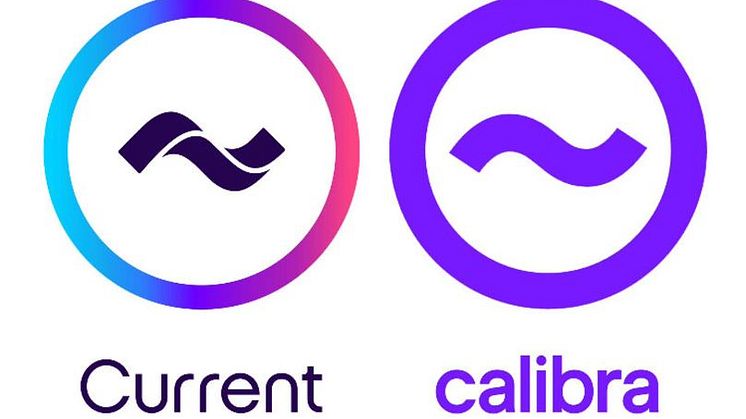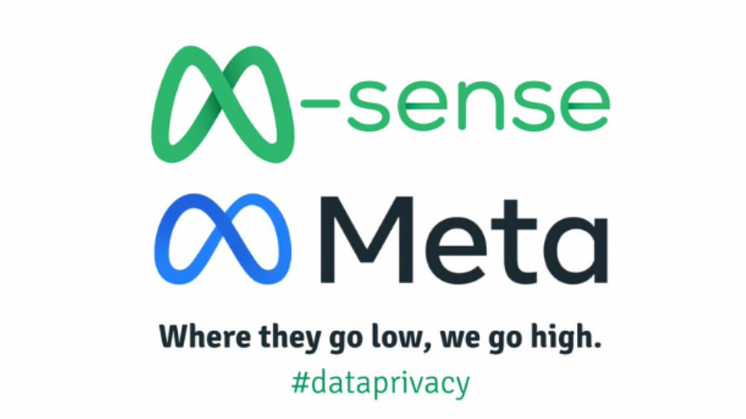
News -
Big Tech has an IP theft problem
Whether or not one finds the idea of a metaverse exhilarating or creepy, Facebook has not been a company that inspires much affection for quite a while, thanks to its data privacy controversies. So when the company recently announced it was changing its name to Meta (inspired by the concept of the metaverse), the mocking memes were quick to proliferate.
Among the many jokes made at Meta’s expense were several aimed at its new logo, which is very similar to the logo of M-sense Migräne, a German startup that offers digital treatment programmes for people suffering from migraines and headaches. The start-up joined in the fun with some tongue-in-cheek tweets.

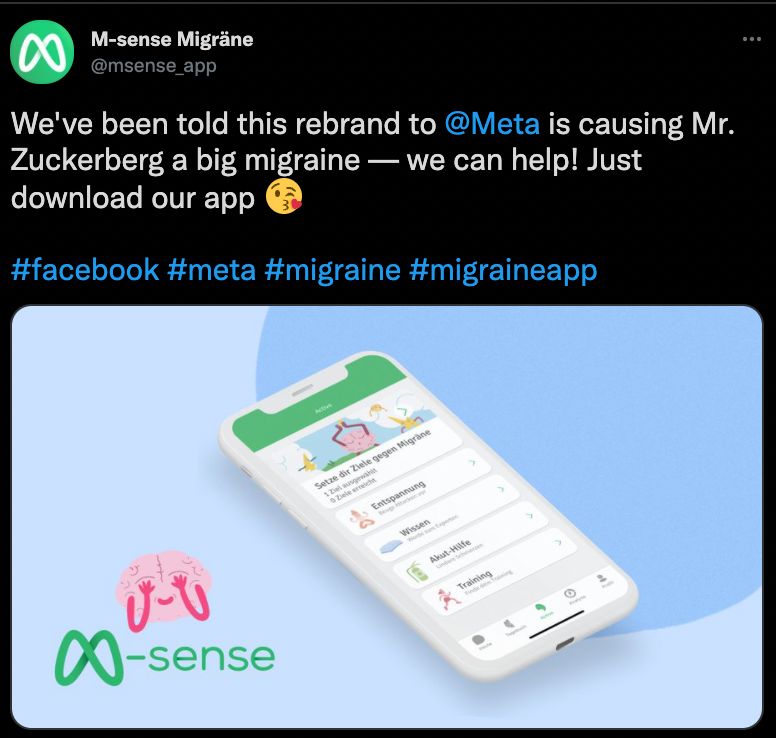
While the debate over Meta’s logo may well turn out to be a short-lived Internet moment, it is possible to read deeper meanings into the derisive reception to Facebook’s rebranding. As product designer Molly Mielke writes in a piece for a16z, the minimalist visual style of contemporary tech brands come across as particularly flat and bland during rebranding exercises — “the brand identities often seem like a flimsy facade that’s disconnected from how we perceive the company’s personality, and actions, in the world”.
Increasingly, a large part of that perception is that tech giants do not respect the intellectual property of smaller players. Amazon has used data about independent sellers on its platform to develop competing products, and these sellers are naturally not happy about this.
Meta has been sued by a video-looping app for copying its core feature. Google and Apple have also infringed on other companies’ technologies. As TechCrunch reports: “In recent years, Big Tech firms have increasingly infringed on smaller rivals’ IP. Those smaller firms have started fighting back — and now the largest tech companies could face tens of billions in court-ordered damages and legal fees… Even if big firms can weather the financial penalties of their IP theft, the resulting reputational damage is considerable.”
It’s ironic that companies that made their fortunes through innovation are increasingly associated with IP theft, which severely impedes an innovation economy. Meta may be in the spotlight for its logo right now, but when it comes to problematic practices in tech, that’s just the tip of the iceberg.
PitchMark helps innovators deter idea theft, so that clients get the idea but not take it. To find out more about our services, visit PitchMark.net and register for free as a PitchMark member today.

